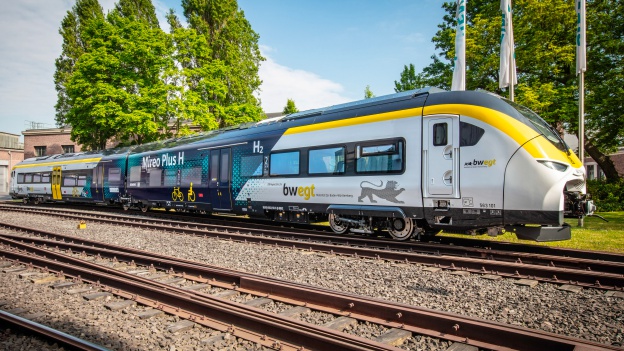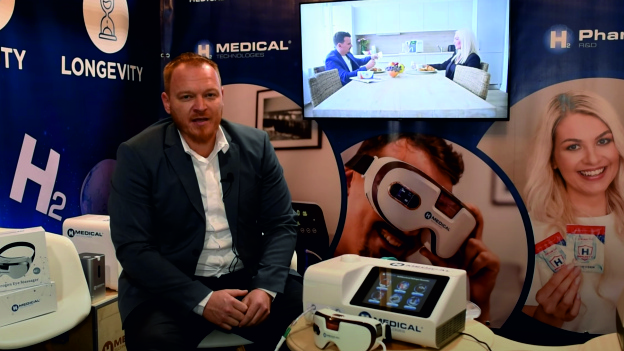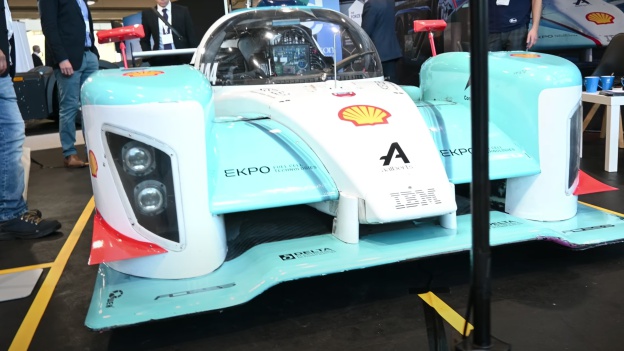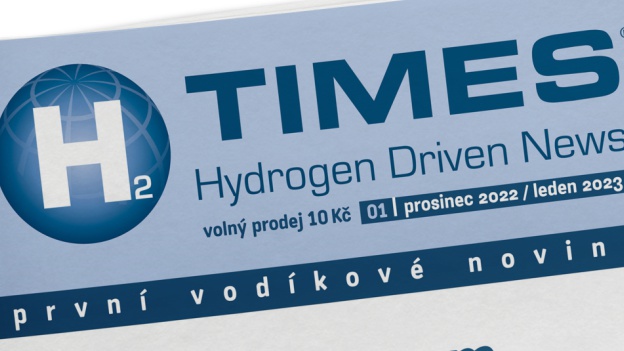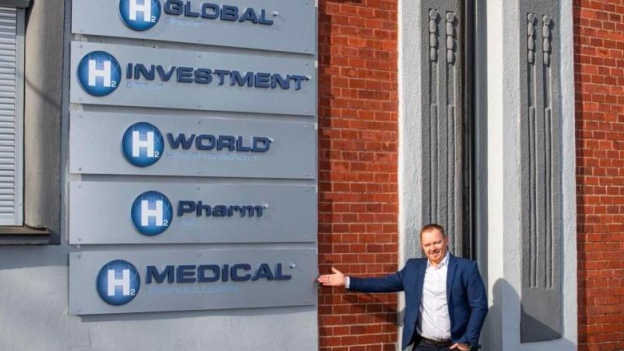This new technology, called Hydrogen Decarbonisation (officially HHO technology), can be used by the owner of almost any car with an internal combustion engine. Whether it's a 30 year old Škoda car or a three year old luxury Mercedes. With its help, solid and semi-solid carbon deposits that build up in the engine over time and can lead to damage to various engine components will be removed from your car's engine. Cleaning your engine with hydrogen will restore power and strength to your engine, ensure a quieter and smoother running engine, reduce fuel consumption, extend engine life and reduce emissions as well. Decarbonisation will clean your car's engine without having to disassemble it, in just 60 minutes.
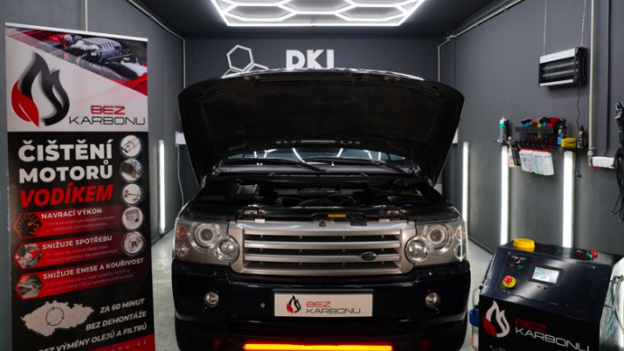
"Hydrogen decarbonisation originated a few years ago as a scientific experiment in a laboratory in America, testing the effect of hydrogen on engine parts," explains Lukáš Novotný of BezKarbonu.cz , one of the largest companies in the Czech Republic and Slovakia offering this technology to motorists. "The development of the first hydrogen car, the Toyota Mirai, was all about safety, so American researchers tested the effects of hydrogen on old internal combustion engines with a range of 300,000 km. When they then disassembled the engines, they were surprised to find that the engine parts were clean, and even all the carbon build-up was gone. Originally, they only needed to see if the hydrogen would damage the engine parts... It didn't - and so the researchers then tested the hydrogen on other engines in different cars and again got clean engine parts."
What does hydrogen decarbonisation actually clean? Here's a list: spark plugs, injectors, valve bottoms, pistons and piston rings, turbocharger, catalytic converter, particulate filter and lambda sensors. Decarbonisation is thus an excellent "medical" prevention for your car, one of the best steps you can take in caring for your car.
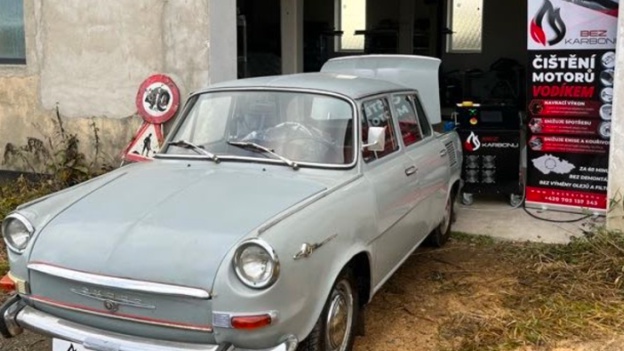
Hydrogen decarbonisation can be carried out on your car either at one of BezKarbon.cz's branches across the country, or you can have this service delivered to your home or business.
"For decarbonisation we use a special machine that produces hydrogen gas. This is released by suction into the engine at 2000 rpm. This gas enriches the mixture and improves combustion. It disrupts the structure of the carbon deposits, so called pyrolysis takes place," continues Lukáš Novotný. "The deposits are then turned into gas - they burn up and exit through the exhaust system. Because they are gaseous, they cannot settle in other parts of the engine, such as the catalytic converter, as is the case with chemical decarbonisation. On the contrary, they also clean the entire exhaust system very well. Hydrogen technology is simply the safest form of decarbonisation. We've cleaned cars with over 500,000 km on the clock, very dirty cars, even over 30 years old, and we've had great results."
Pictures: BezKarbonu.cz













